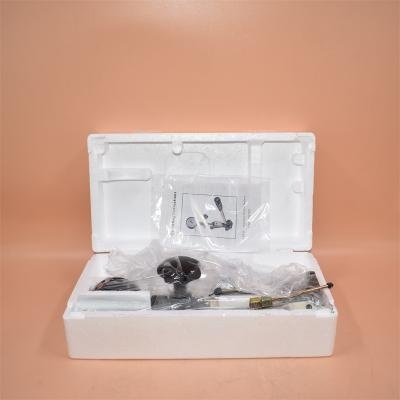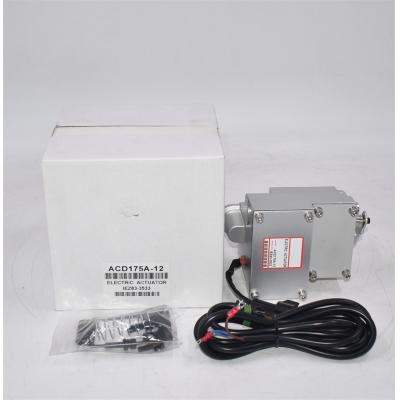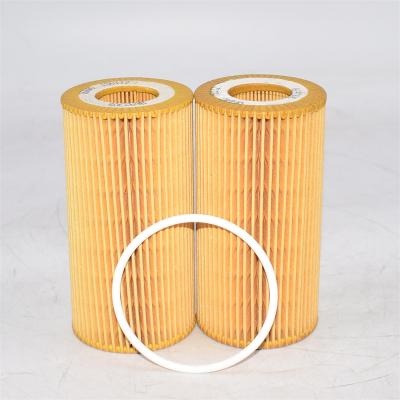What is the difference between fuel filter and oil filter?
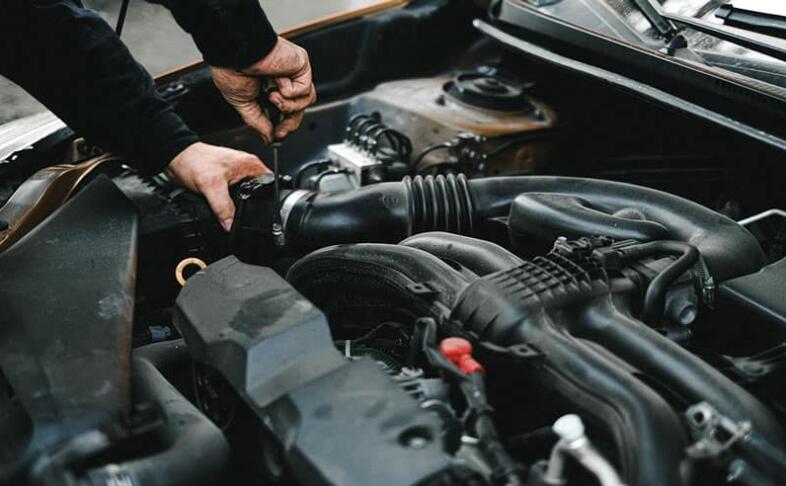
Oil and fuel are two essential elements for the smooth operation of the vehicle engine. Vehicles depend on oil and fuel, which is similar to the way humans rely on food. Just as our food should be clean to make our bodies run smoothly, oil and fuel also need to be purified to make the engine run normally.
Many people wonder if oil filters and fuel filters are the same or not. The simple answer is fuel filters and oil filters are different in terms of function, feature, placement, and size. However, they both ensure the smooth working of the engine but deals with different fluids.
When the fuel filter removes contaminants from the fuel, the oil filter helps remove particles from the oil. If any one of them does not work properly, the engine may be damaged, which will eventually lead to vehicle failure.
Fuel Filter Vs Oil Filter
Let's look at the key differences between fuel filters and oil filters and their functions.
Operating principle of the oil filter. The oil filter is only a housing with a filter. The filter traps particles that contaminate the engine oil. It is very important to remove these impurities from the oil, so that your vehicle's engine will not be damaged and can work smoothly. It can even capture the smallest particles that reach the engine and affect performance
Advantages of the oil filter. If you change the oil filter regularly after the oil filter is blocked or has been used for a long time, it will reduce your maintenance costs and protect the engine. It will also improve engine life and performance.
Type of oil filter. There are different types of oil filters, including full flow filter (used as the main filter), bypass filter, thermal filter, rotary filter and convection filter. The oil filter is usually larger than the fuel filter.
The local oil filter is usually located only near the engine.
All information about the fuel filter
Operating principle of the fuel filter. The fuel filter removes particles that contaminate the fuel. It helps capture rust, dust, paint or any water particles that may cause damage to the vehicle engine. Once the fuel filter is blocked, the engine will be difficult to start and the service life will be shortened. It can easily remove large particles, such as carbon molecules, which will cause problems for the engine.
Advantages of the fuel filter. If you clean and replace the fuel filter when necessary, it will prevent the engine from overheating. The fuel filter also ensures improved engine life.
Type of fuel filter. There are various types of fuel filters, including primary filter, secondary filter, in-line filter, spin on filter and carbon canister filter. The size of the fuel filter may vary depending on the fuel system and location.
The local fuel filters are placed in different locations, including the fuel tank fuel system pipes and near the engine. However, this will depend on the vehicle model and year of manufacture.
Maintenance and cleaning of oil filter and fuel filter
Oil Filters
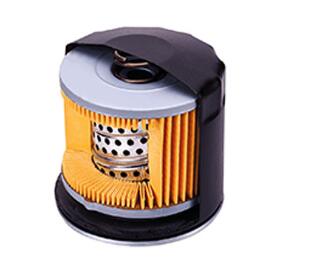
One thing that drivers worry about after buying a vehicle is cleaning and maintaining the vehicle. The maintenance of the oil filter depends on the type of oil used and the frequency of change. In addition, this depends on the type of oil required for the vehicle.
For example, if you use a synthetic blend, you may need to change the filter more frequently. If your vehicle has been used for more than six months or more than 4000 miles, you can simply replace them. You should also change the oil filter according to the vehicle manufacturer's recommendations on the replacement interval of the cabin air filter.
Fuel Filters
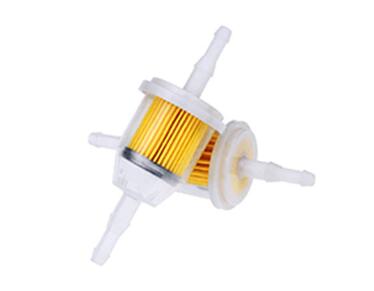
The fuel filter can be cleaned with a sponge, dish soap and a bucket of water. First, you should soak the filter in water for a period of time, which will automatically clean the outside of the fuel filter.
You can put some dish soap in the water and mix it. Clean the filter with a sponge. This is one of the most commonly used and affordable DIY clean fuel filters. However, you can also use a professional brush to clean the fuel filter.
Frequently asked questions about fuel filter and oil filter
Q1: Can you clean the fuel filter without removing it?
unwanted. You need to remove the fuel filter before cleaning it. If you try to clean or blow away the dust when installing the fuel filter, these contaminated particles may be added back to the fuel system.
Q2: Can you filter the oil with the fuel filter?
no You should avoid using fuel filters because they are designed for the fuel system.
Q3: When should I change the oil filter and fuel filter?
The oil filter should be replaced after 4000 miles, and the fuel filter should be replaced according to the service life of the vehicle after 20000-30000 miles.
Q4: Should I change the oil filter every time I change the vehicle oil?
Technically, you don't have to change the oil filter every time you change the oil, but this is a good idea. Changing the oil and oil filter at the same time helps to keep the vehicle running smoothly.
Conclusion
Although the location and size of the fuel filter and oil filter are different, they are ultimately designed to protect your engine and ensure that your vehicle runs smoothly. I hope this article can help you understand everything about fuel filters and oil filters. Regular filter replacement is very important for vehicle performance.




















